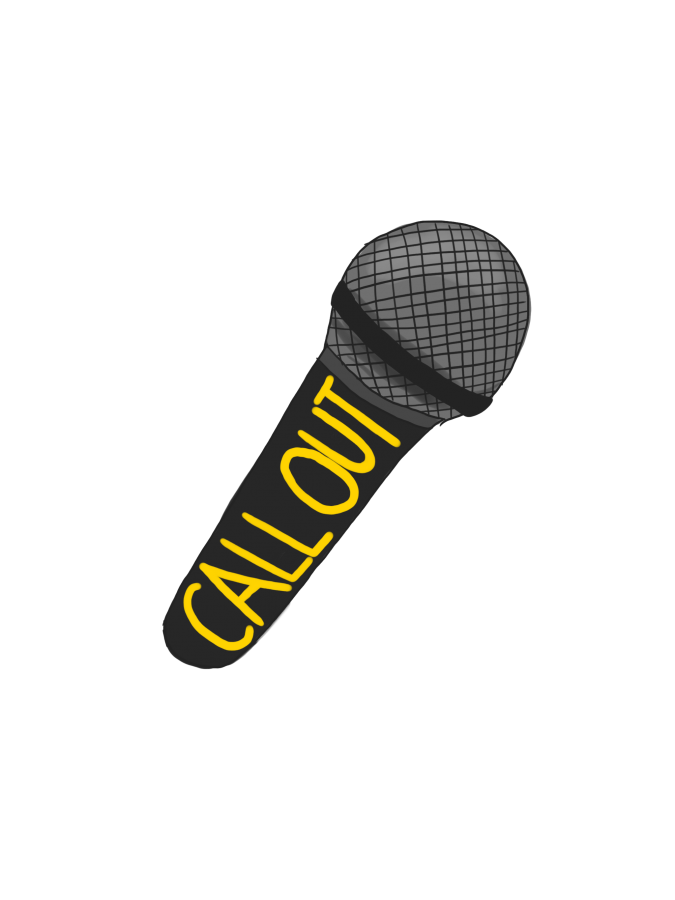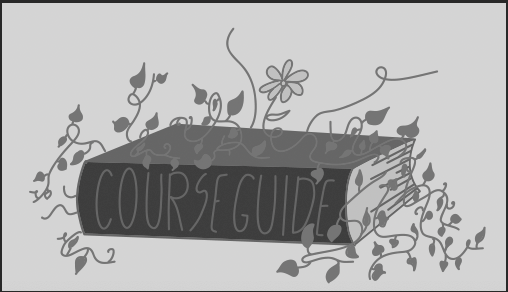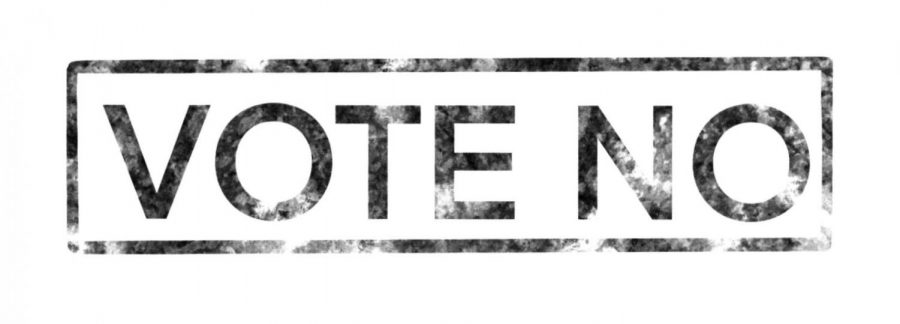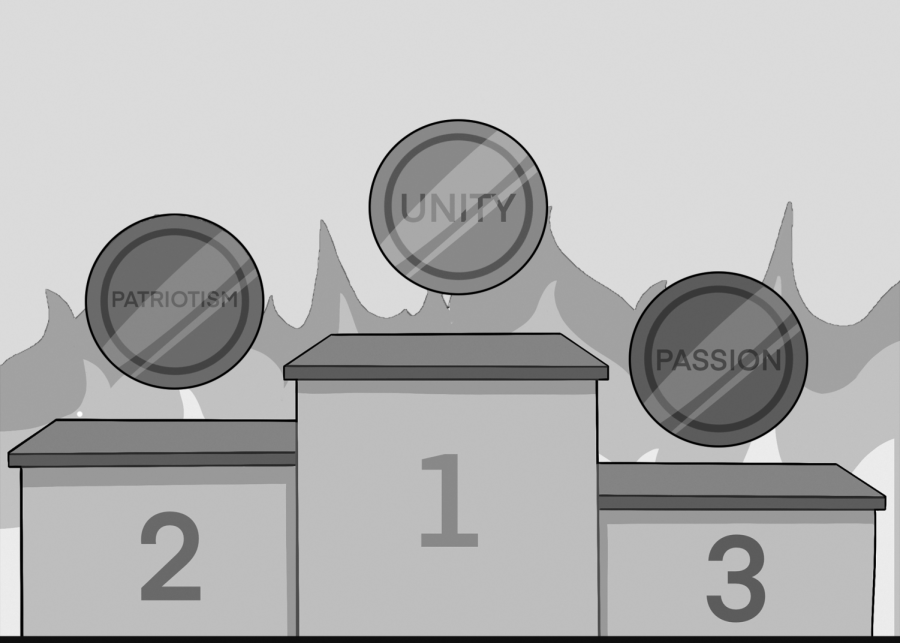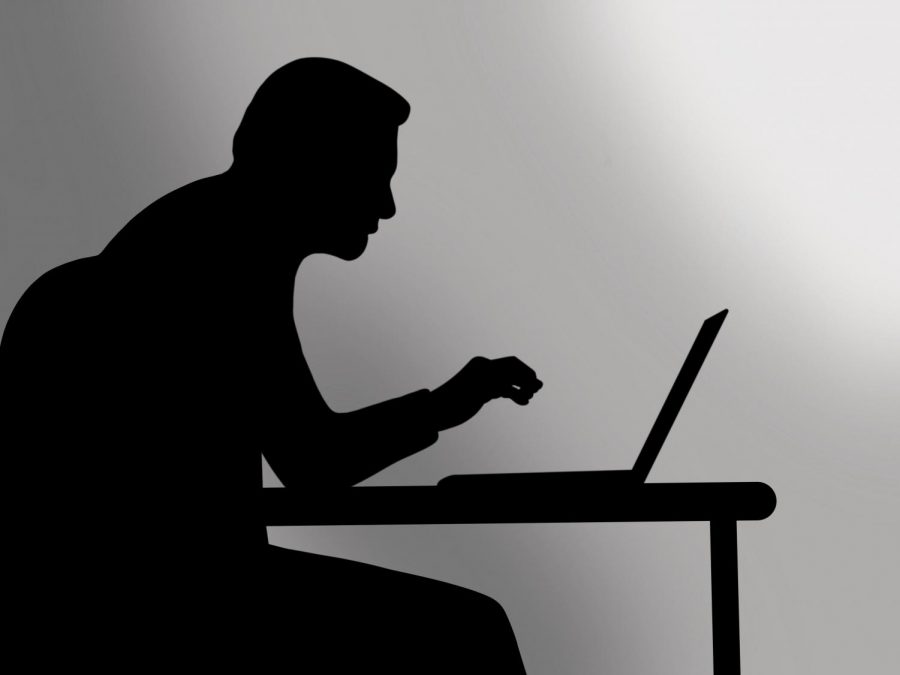Rosetta Lee, educator and diversity consultant, made a resounding political statement in her speech to the Upper School: in addressing micro-aggressions, students ought to maintain respect for the person with whom they are engaging in dialogue.
Lee’s speech came at a time of heightened political division under “call-out culture” across the American political spectrum.
While many liberals have begun to publicly denounce or “cancel” those who do not maintain political correctness in their everyday lives, a number of conservatives are increasingly reliant upon publicly shaming those who maintain leftist beliefs by referring to them as “triggered” or “snowflakes.”
The problem with “call-out culture” is that it is entirely performance—although it may feel empowering to expose others, it ultimately is a way for people to avoid the difficult work that goes into politics.
Although boycotting celebrities that have made bad comments and demonizing their fans may feel like political activism, it doesn’t accomplish anything beyond that initial condemnation.
Additionally, this approach obscures the source of prejudice since it overwhelmingly focuses on individual flaws and not on the structures and institutions that perpetuate issues, like racism or homophobia.
In searching for points of conflict rather than points of agreement to foster engagement, generating solidarity also becomes impossible and thus renders resistance to prejudice far more difficult than if individuals formed coalitions with like-minded people.
The solution to “call-out culture” does not entail punishing those who willingly participate in it. That would be hypocritical and replicate all the flaws of call-out culture. Instead, individuals ought to engage in forms of healthy dialogue, which entails listening to the opposing side and then offering one’s own perspective. This is preferable for a number of reasons.
First, this culture doesn’t enable growth or encourage others to challenge their viewpoints. Rather, it causes people to run to the margins of their political beliefs instead of finding points of agreement with others.
According to a study conducted by researchers from Cornell University, the best arguments use moderate, calmer language, which reveals that denouncing others is ultimately dissuasive.
Second, a study published in the journal Science found that active conversations most effectively change people’s opinions.
The study, which focused on prejudice against transgender individuals, recognized the malleable nature of people’s mindsets and the importance of recognizing each other’s humanity.
As high school students, the importance of engagement is even more significant. We’re still in the process of developing our own viewpoints, so making some mistakes is inevitable.
An approach that demonizes individuals who make a mistake may seem to increase accountability but ultimately just knocks others down without giving a chance for improvement.
This is not to say that it is the responsibility of students who experience oppression to educate everyone else on their personal experiences.
Instead, when interacting with people they trust, individuals ought to listen to the other side and understand where their perspective comes from before informing them that their opinion is insensitive or based on implicit bias.
This also does not mean that people who boycott individual celebrities should stop doing so. They are also entitled to their own political beliefs, and they should take pride in this individual resistance if they find it valuable.
However, it is also important to recognize the limitations of this political strategy as one should do with every form of resistance.
Overall, the relevant question individuals ought to ask is whether they think it is more important to call others out as opposed to calling them in and informing them of a wrongdoing. Establishing dialogue is ultimately a healthier approach that can generate long-term change.



































